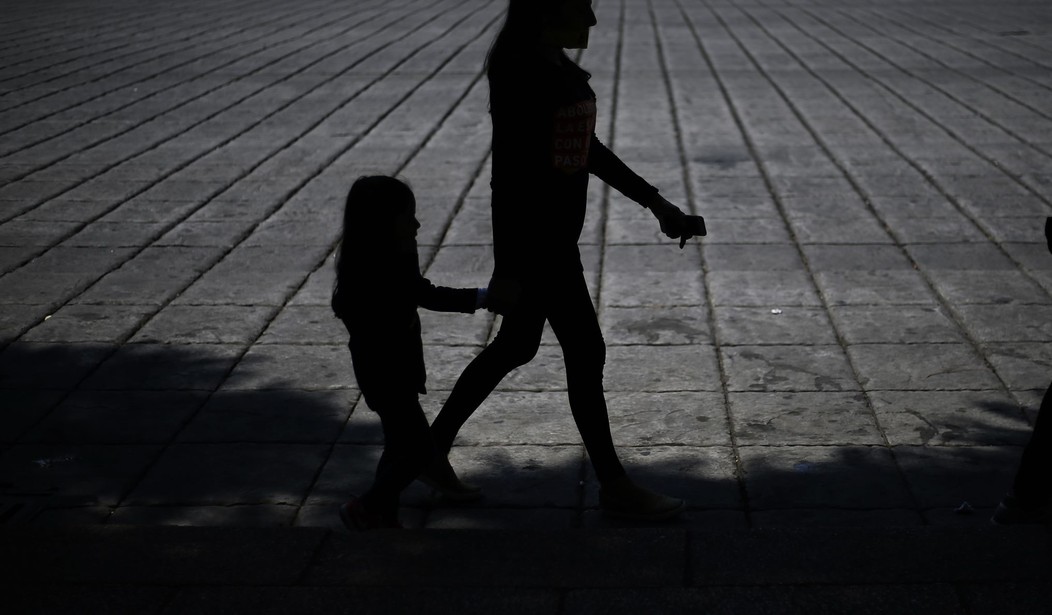The United States abolished chattel slavery in 1865, making it illegal to own another human being. Almost 150 years later, individuals are still living in bondage on American soil.
Human trafficking, also known as modern-day slavery, is one of the fastest-growing criminal enterprises worldwide. Despite the best efforts of governments around the globe, the practice has managed to grow into a lucrative illicit industry that victimizes millions of people. This January is National Slavery and Human Trafficking Prevention Month, and many involved in the fight against the practice are promoting awareness of the devastating impact it has on those who are caught in its oppressive web.
The Departments of Homeland Security and Defense define human trafficking as “the use of force, fraud, or coercion to obtain some type of labor or commercial sex act.” According to DHS:
Every year, millions of men, women, and children are trafficked worldwide – including right here in the United States. It can happen in any community, and victims can be of any age, race, gender, or nationality. Traffickers might use violence, manipulation, or false promises of well-paying jobs or romantic relationships to lure victims into trafficking situations.
Traffickers use a variety of methods to entice or deceive their victims into becoming modern-day slaves. They use “force, fraud, or coercion to lure their victims and force them into labor or commercial sexual exploitation.
Perpetrators typically prey on individuals – many of which are minor children – whose circumstances make them particularly vulnerable to exploitation. These conditions can include “psychological or emotional vulnerability, economic hardship, lack of a social safety net, natural disasters, or political instability.”
Illegal immigration is a significant avenue through which slavers traffic their victims into the United States. The Federation for American Immigration Reform in 2016 estimated that “17,000 to 19,000 foreign nationals are trafficked into the United States each year.”
In 2014, the Urban Institute performed a study revealing that 29% of human trafficking victims enter the country illegally. However, 69% came into the U.S. legally at first but were unauthorized to reside in the country by the time they escaped or were rescued from slavery.
Some who become victims of human trafficking are held for forced labor, made to perform a variety of tasks. Many are compelled to perform agricultural work, as was the case in an operation in Ohio a few years ago. Federal authorities busted up a labor trafficking ring in which the perpetrators “recruited” individuals from South America to work on their farms.
Unfortunately, most cases of human trafficking involve sexual exploitation. “Human trafficking earns global profits of roughly $150 billion a year for traffickers, $99 billion of which comes from commercial sexual exploitation,” according to Human Rights First. Even more heartbreaking is the reality that in 2018, more than half of the active sex trafficking cases involved children. These individuals are often forced to participate in pornography, prostitution, exotic dances, and other forms of sexual activities.
When delving deeper into the criminal enterprise, it becomes clear how widespread human trafficking is, and the various means that modern-day slavers ply their illicit trade. Governments and advocacy groups are working around the clock to rescue individuals victimized by the industry while also targeting those who are perpetuating it.
One of the factors that help human traffickers thrive is the lack of awareness of the issue. Many know that the problem exists, but they have no idea how prevalent it is in American society. The truth is that depending on where you live, you could easily be living next door to a slave. You may even unknowingly encounter them in your everyday activities. This article will be the first of several that I will write this month about the different aspects of human trafficking. The more people know about this evil trade, the more likely it will be that we can eradicate it.
Need help? See something?
The National Human Trafficking Hotline is confidential, toll-free, and available 24/7 in more than 200 languages.
Call: 1-888-373-7888
Let me know what you think in the comments below!














Join the conversation as a VIP Member